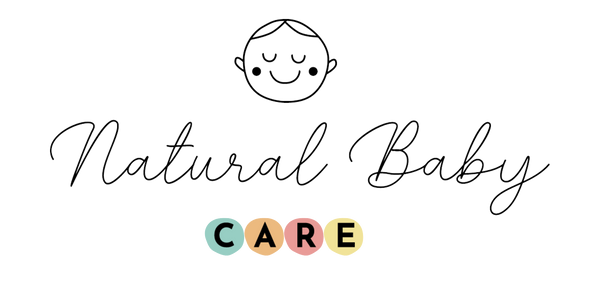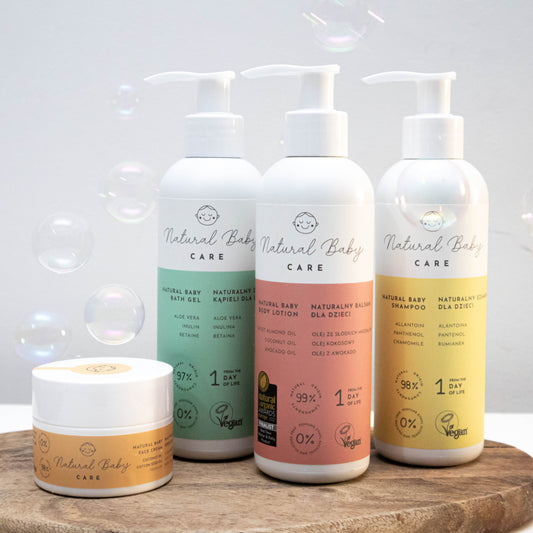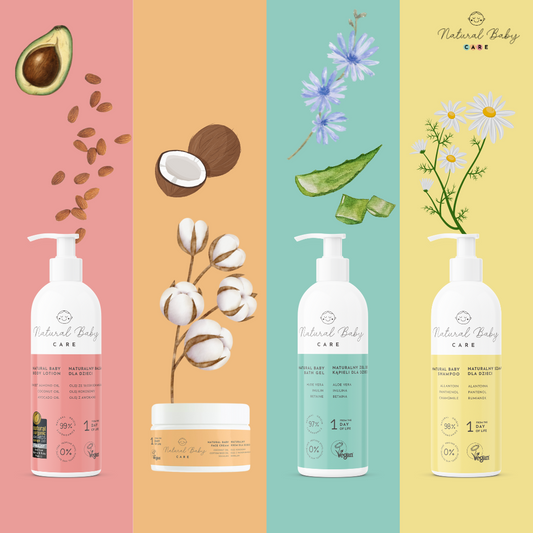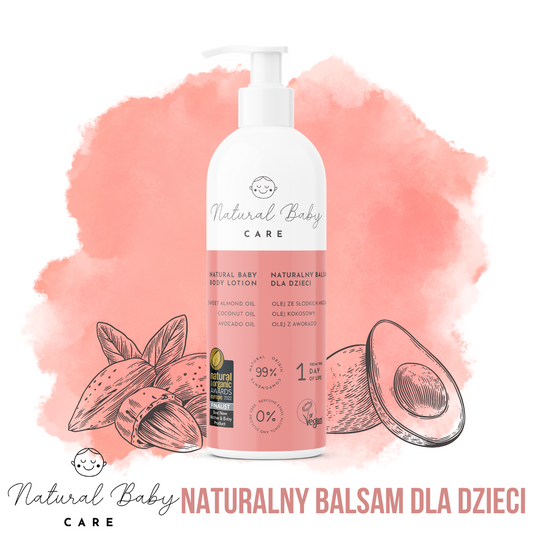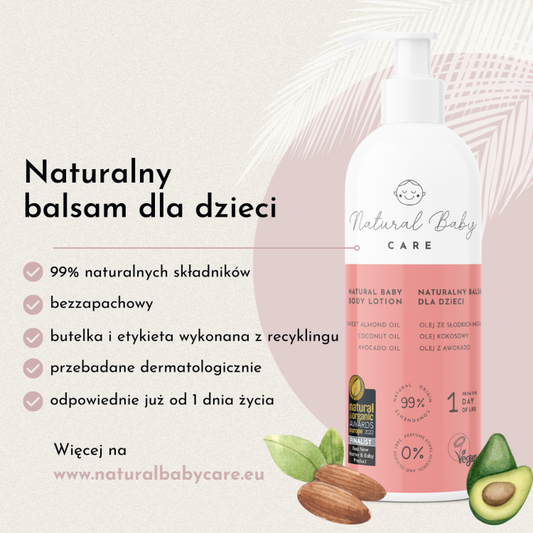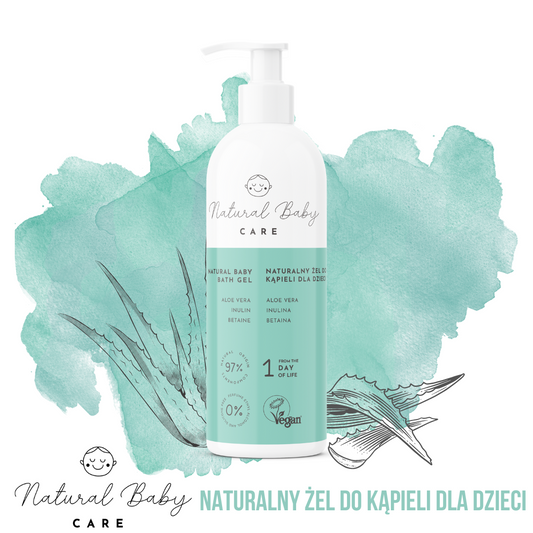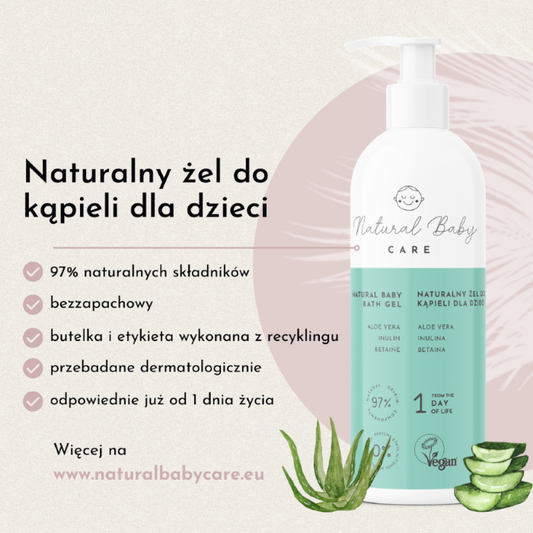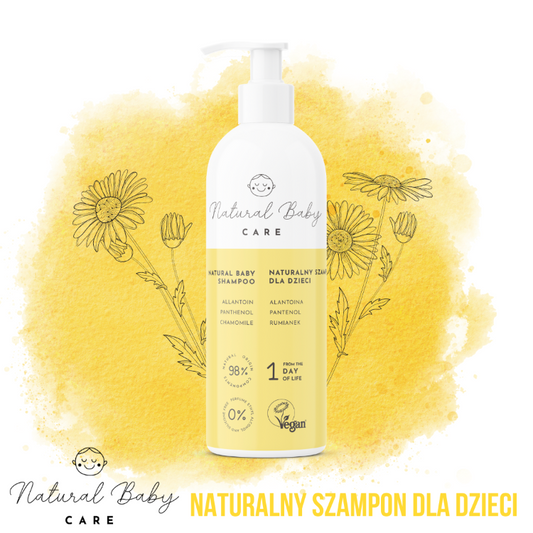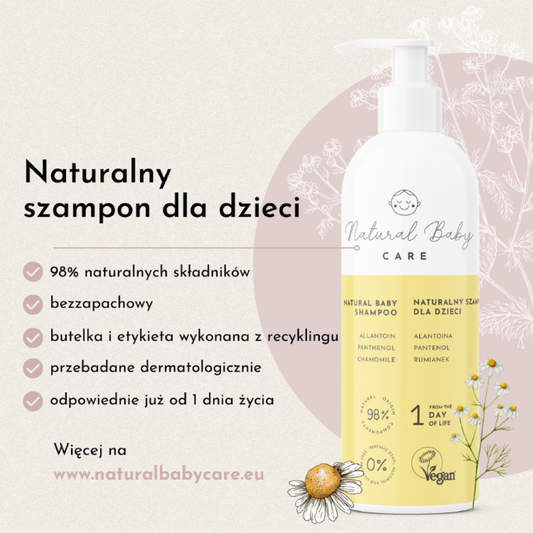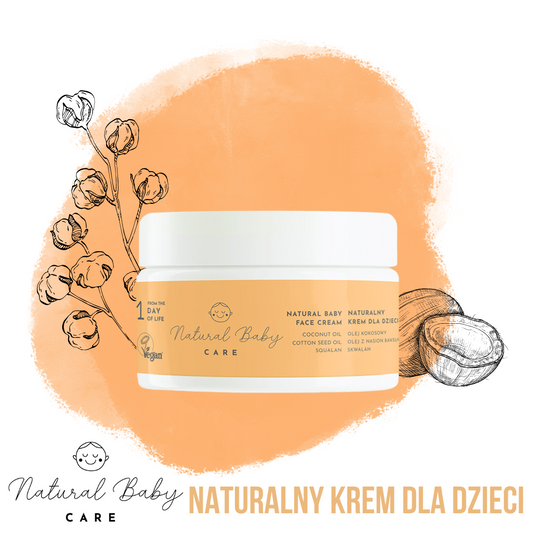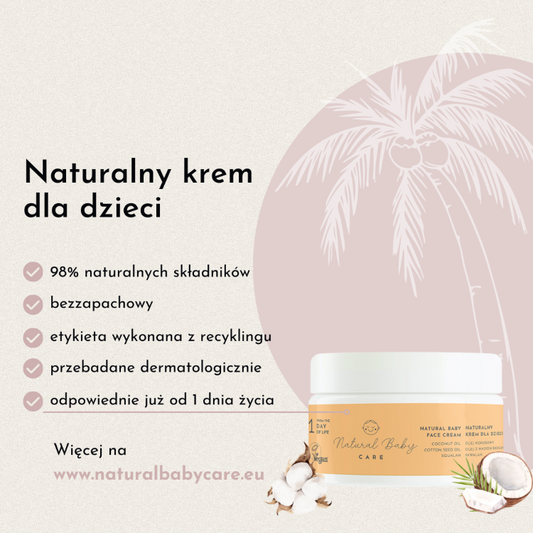Home > Knowledge Zone > Blog > Natural baby wash liquids
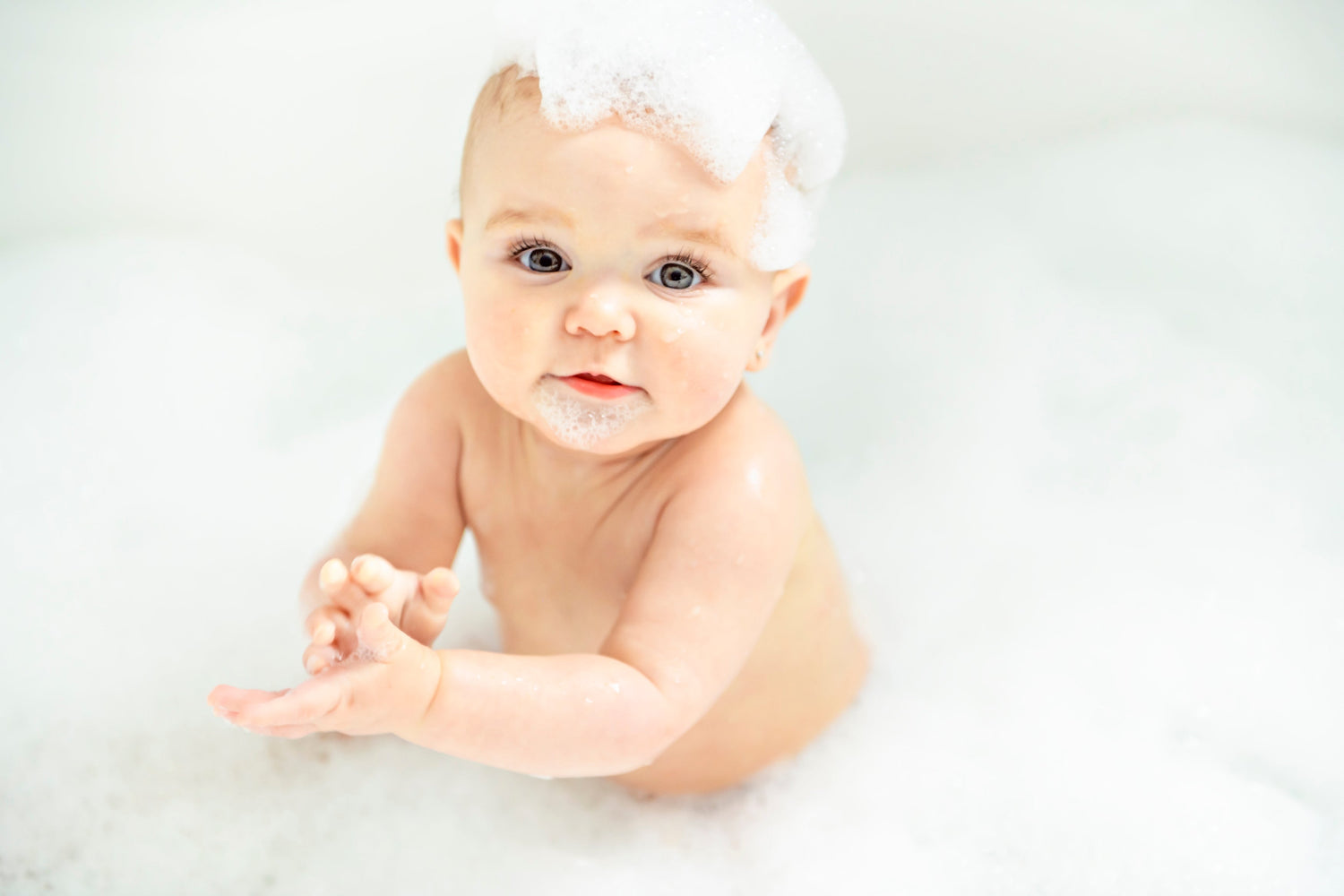
Natural baby wash liquids
Author : Natural Baby Care Team
Publication date: May 7, 2024
Reading time: 5 minutes
For many parents, newborn care is an important and often emotional part of caring for their child. One of the key elements of the daily routine is bathing, which not only helps maintain hygiene but can also be a time of relaxation and connection with your little one. In today's post, we'll take a look at baby wash and a bath for children with eczema, and answer some frequently asked questions about bathing a newborn.
Check out cosmetics for your baby's delicate skin
Newborns may cry during baths for a variety of reasons. One of the most common is a feeling of uncertainty and insecurity, especially if it's their first bath outside the womb. Additionally, babies may react to changes in water temperature or new, unfamiliar sensations.
Did you know that...?
Collapsible content
Jaki płyn do mycia dziecka z AZS?
Jaki płyn do mycia niemowląt?
Jaki żel do kąpieli noworodka?
Jakie kosmetyki dla dzieci do kąpieli?
W czym kąpać noworodka naturalnie?
Kąpiel noworodka o której godzinie?
Kąpiel noworodka – jakie kosmetyki?
Kąpiel noworodka w przegotowanej wodzie?
